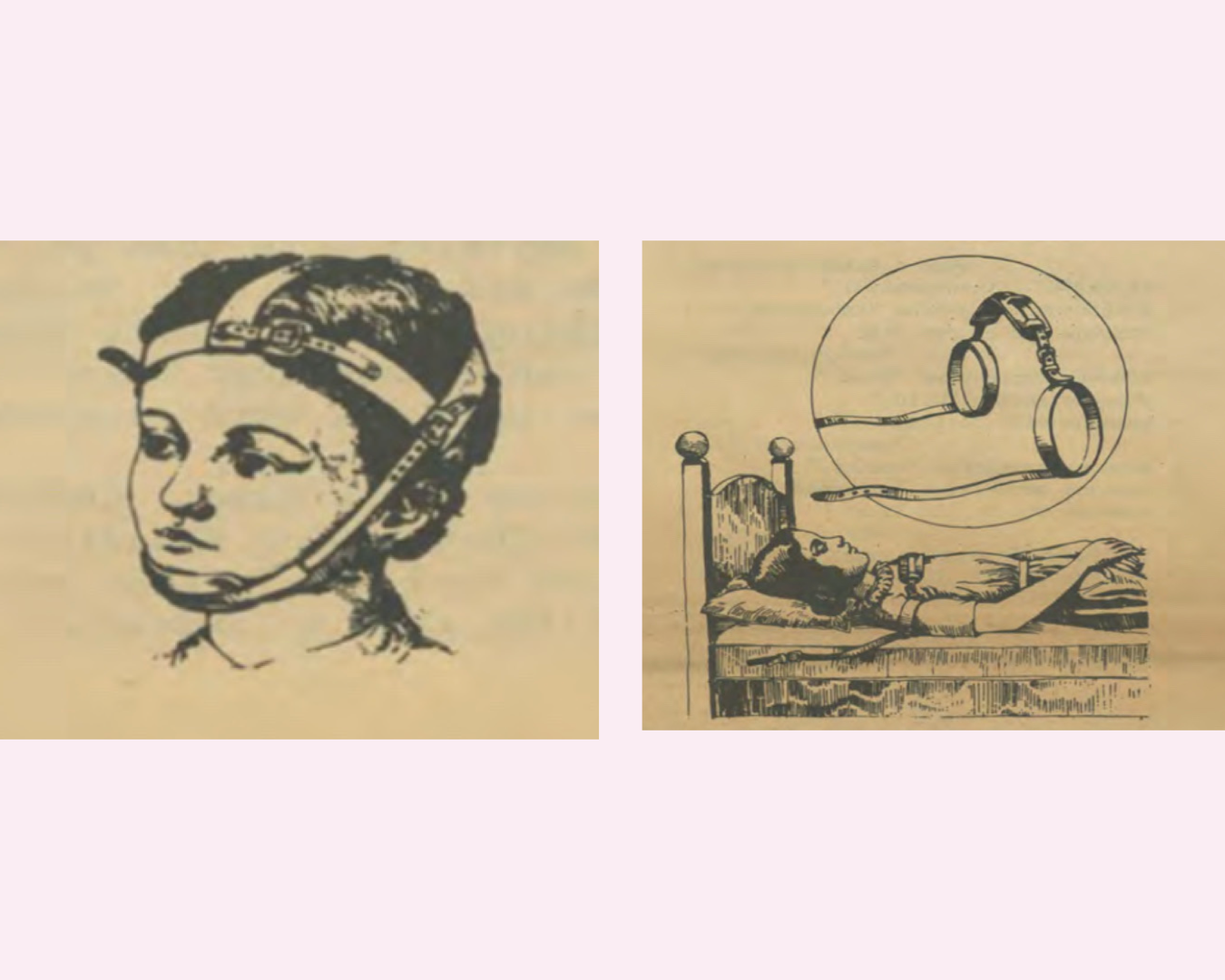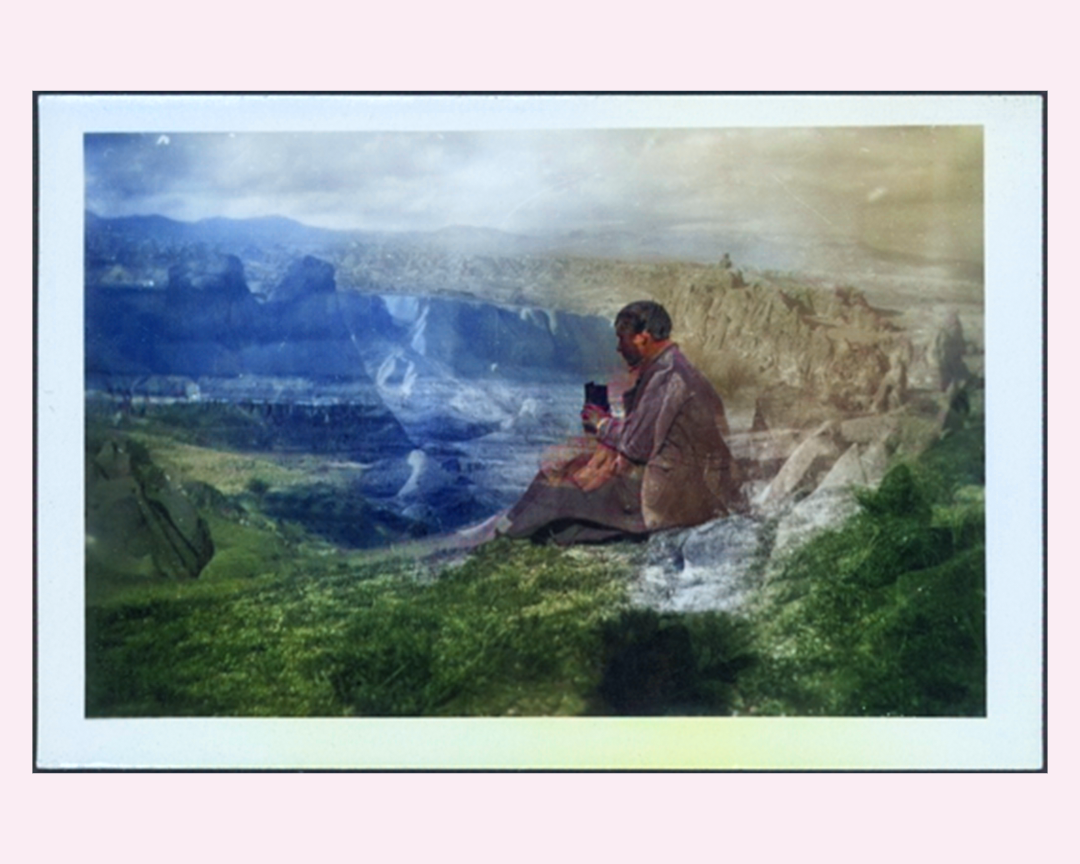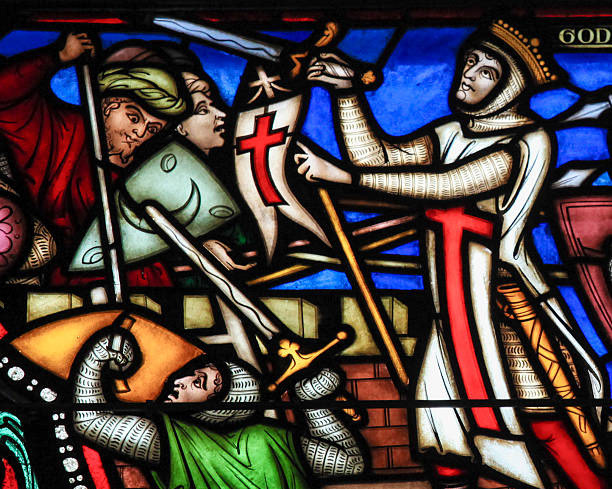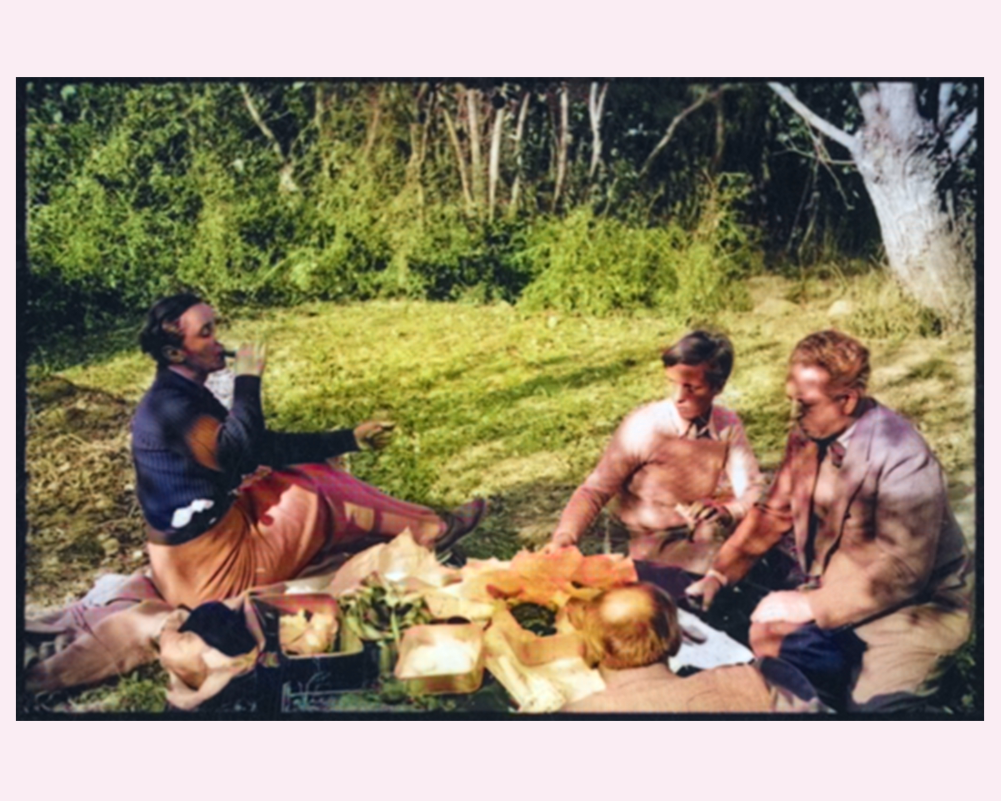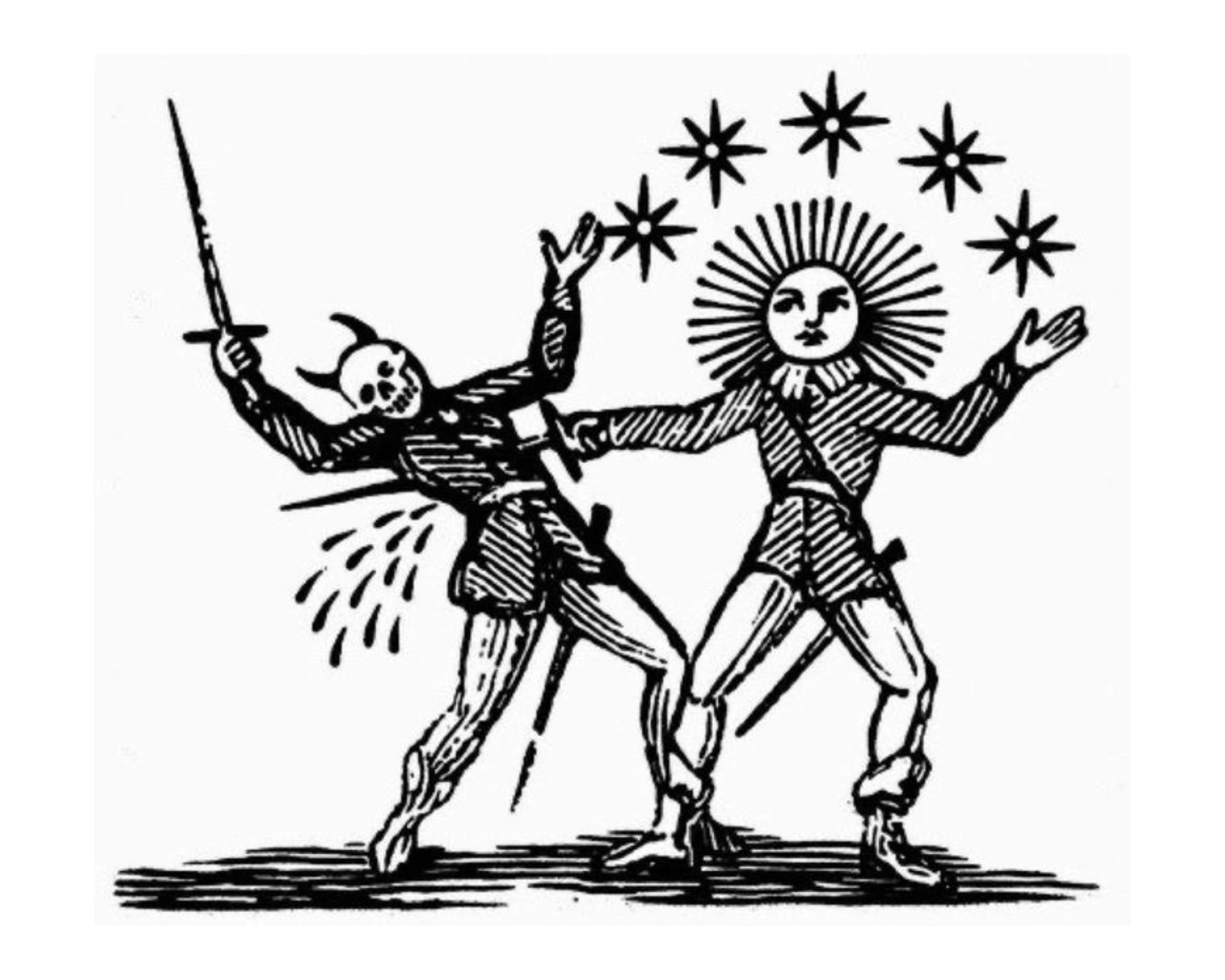Excerpt | Madeleine Tress Remembers
""Did you give them names, you fucking son-of-a-bitch?"
10.7.23
*****
From The Lavender Scares: The Cold War Persecution of Gays and Lesbians in the Federal Government, by David K. Johnson. Edited for length & clarity. Read full chapter here.
Madeleine Tress remembers that she was wearing a pale blue suit-and high heels when she came to work at the Department of Commerce building in Washington that day at the end of April 1958.
It was already hot in Washington, and there was no air conditioning in the room where two civil service investigators had brought the twenty-four-year-old woman for an interrogation. As the meeting began, the two male investigators noted Tress's "feminine apparel" but also recorded what they regarded as a telltale defect: two buttons were missing from the front of her dress.
"Miss Tress," one investigator began, "your voluntary appearance here today has been requested in order to afford you an opportunity to answer questions concerning information which has been received by the U.S. Civil Service Commission." Tress had been working for the Commerce Department as a business economist for only a few months, and her employment, like that of all civil servants under the Eisenhower administration, was conditional on passing a security investigation.
The investigator asked Tress if she objected to taking an oath before they began to take her statement. Realizing the seriousness of the situation, Tress asked if she could consult an attorney and was told that she could, but that the attorney could not be present in the room during the "interview."
Tress took the oath and began to answer mundane questions concerning her name, address, and date of birth.
"Miss Tress," the investigator intoned, finally getting to the heart of the matter, "the Commission has information that you are an admitted homosexual. What comment do you wish to make regarding this matter?"
Tress froze. Which would be worse, she wondered, admitting being gay or lying? Tress said she had no comment, and adamantly refused to discuss the matter.
The investigators had more questions for her. "Do you know Kate so-and-so?" the investigator continued, dropping the name of a lesbian acquaintance of hers. He named a host of her gay friends, demanding to know if she associated with any of them.
Thinking that this was not illegal, Tress admitted knowing what the investigators termed "known homosexuals" but insisted she was attracted only by their "intellectual appeal."
"How do you like having sex with women?" one of them sneered. "You've never had it good until you've had it from a man," he taunted.
Under intense questioning; Tress eventually admitted to some homosexual activity in her youth, but claimed she had "broken away" from that since coming to Washington.
At the end of the interrogation she refused to sign a statement prepared by the investigators but knew that she had only one option: resignation. The interrogation was the most demeaning experience of her life.
The next day she submitted her resignation.
***
Tress's feelings of defeat and powerlessness were tempered with anger. As she walked back to her office, she saw Bob, the "mealy mouthed" man who worked across from her and answered her phone when she was away. Suspecting that Bob had informed on her, Tress went over and pounded on his desk. "Did you speak to the FBI about me," she demanded, towering over him.
When he admitted that he had, she became furious and began crying. "Did you give them names, you fucking son-of-a-bitch?"
Tress had to be taken away from Bob's desk by her co-workers.
***
Bob was only one of dozens of acquaintances, co-workers, and neighbors who, during a routine investigation by the FBI, raised questions about Tress's mode of dress, associations, and character.
He had told the FBI she was "unstable" in dress and thinking, "bohemian" in lifestyle, and received calls from many single women.
Although Tress suspected Bob was informing to differentiate himself self from his brother, a union organizer accused of being a Communist, his comments differed little from a host of others suggesting she was "mannish”; "a tom boy”, or had "personality problems”: in perhaps the most damaging comments, a Georgetown professor charged that "she is homosexual admittedly and known."
But it was Bob upon whom she and her friends vented their wrath by organizing an around-the-clock vendetta.
"We would call him at two in the morning, and say, 'You son of a bitch,' and hang up."
Because of that day, Tress recalled, "My whole fucking life had changed."
*****
Questions? Comments? Submit them here!
